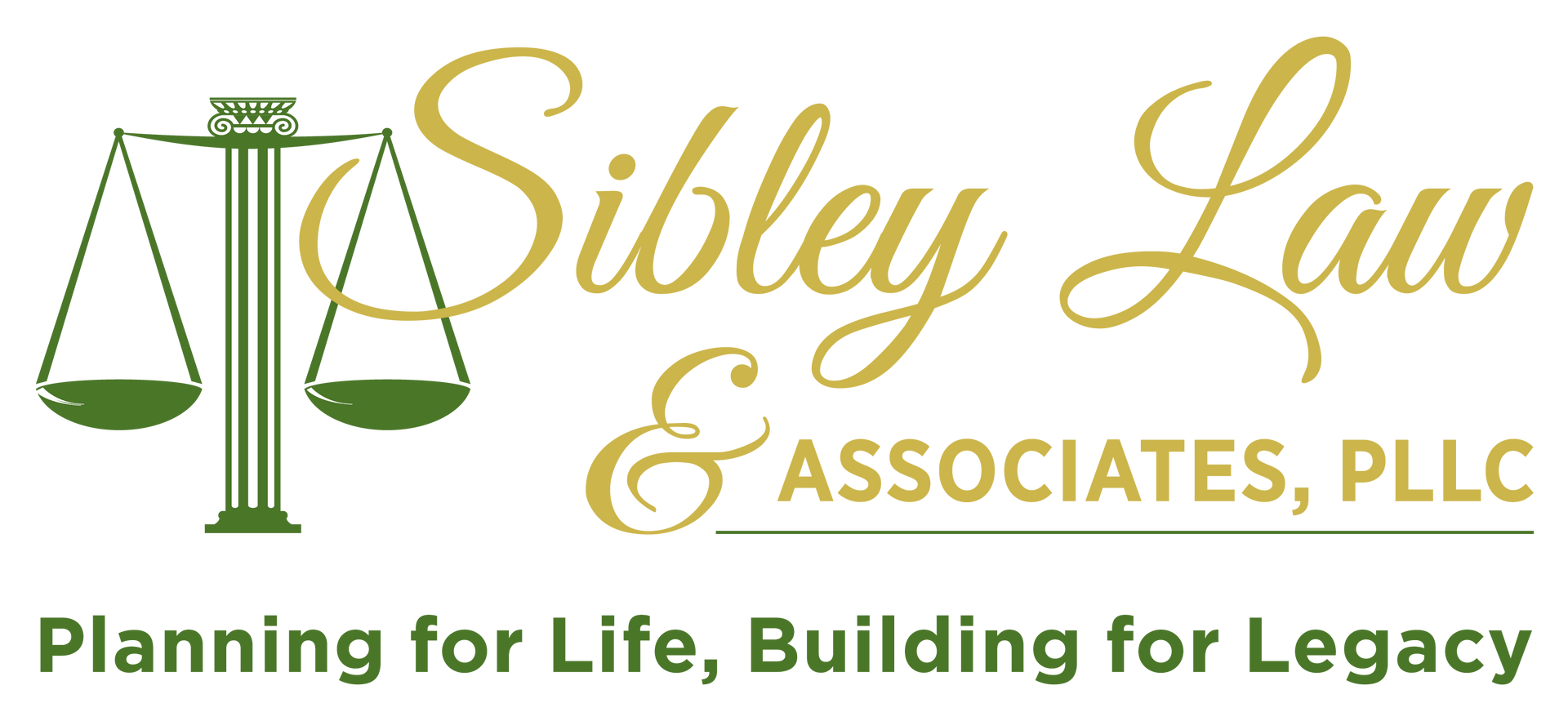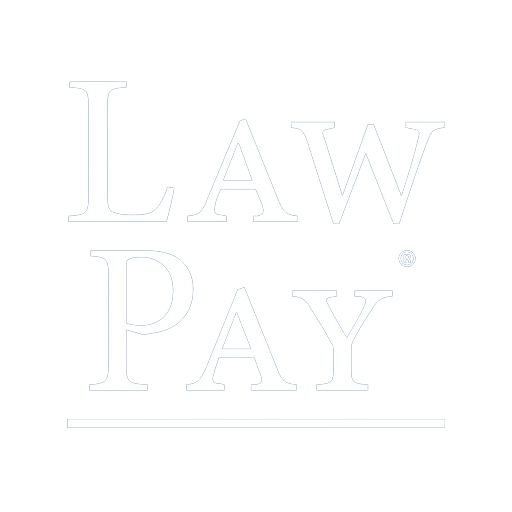Get in touch
10 Steps to Take Now to Secure a Comfortable Retirement: Part 1
10 Steps to Take Now to Secure a Comfortable Retirement: Part 1
Let’s dive in, shall we?
Practical Steps: Consult with a Personal Family Lawyer. A Personal Family Lawyer (“PFL”) always starts the client relationship with education about your options that align with your specific family dynamics, assets and wishes. From there, your PFL will help you create a tailored Life & Legacy plan that works when you and your family need it to, keeping you and them out of court and conflict. Importantly, a PFL can also help you avoid unnecessary taxes before and during retirement (and who doesn’t want that?).
Life Insurance: Having adequate coverage to handle any debts and funeral expenses can provide a financial cushion for those who depend on you. As part of the PFL Life & Legacy Planning process, your PFL can educate you about how much insurance you need and how to pass the funds to the people you want, while avoiding unnecessary taxes and ensuring the funds are available as soon as possible.
Find a PFL in Your Community. Go to https://personalfamilylawyer.com to find a PFL near you and make an appointment for a 15-minute consult call on their website. Many PFLs have virtual offices for your convenience, so if there isn’t a PFL listed in your locality, choose the closest one.
- Research Long-Term Care Insurance. Investigate different policies early, ideally in your 50s or early 60s, before premiums rise significantly. Compare benefits, coverage limits, and the reputation of insurance providers.
- Learn About Government Programs. Understand what Medicare covers and explore Medicaid eligibility for long-term care, which varies by state but generally requires spending down your assets.
- Find a PFL in Your Community Who Offers Elder Care Planning. Preparing for long-term care can be tricky, because the laws are quite complicated. However, a PFL who offers elder care planning can help you navigate your options and create a plan that preserves your assets for your loved ones, rather than draining them for health care costs. You can find a PFL who is experienced in this subject at https://personalfamilylawyer.com . Locate the nearest one and make an appointment on their website.
- Educational Trusts: A PFL can help you set up trusts that release funds for your children or grandchildren based on milestones such as graduation from college. These trusts also have tax benefits, and a PFL can educate you about how they work.
- Create a Family Investment Plan: Include younger family members in discussions about family investments to educate them about financial principles.
- Find a PFL in Your Community. A PFL can not only help you create an educational trust but also can set up asset protection trusts so you can create generational wealth for your family. Go to https://personalfamilylawyer.com to find the nearest PFL and make an appointment on their website. Keep in mind that many PFLs have virtual offices for your convenience, so if there isn’t a PFL listed in your locality, choose the closest one.
- Record Life & Legacy Interview with a PFL: All PFLs include an interview as an important part of their unique Life & Legacy Planning process. The interview ensures your family has a piece of their family history they can hold onto long after you’re gone. They’ll also treasure being able to see you and hear your voice whenever they want.
- Create a Family Archive: Gather photos, letters and important documents in a digital format to ensure preservation and easy sharing. Enlist the help of a younger family member (Gen Z, anyone?) if you need to. Also consider writing down recipes, stories, and holiday traditions that can be passed down as family legacies.
- Compile Family Histories: Write or record stories about family elders, significant events, and the origins of family traditions. Note that writing these down the “old school” way, i.e., pen and paper, will be meaningful to younger generations. They’ll love having a piece of paper with your handwriting on it.
- Host Family Reunions: Regular gatherings not only help reinforce family bonds but also allow older generations to impart wisdom and traditions firsthand.
If you're interested in learning more about how to create a Life & Legacy Plan that secures your comfort in retirement, we invite you to schedule a complimentary 15-minute call with our office. Let us help you live your best life, every step of the way. Click here to schedule .
This article is a service of a Personal Family Lawyer® Firm. We don’t just draft documents; we ensure you make informed and empowered decisions about life and death, for yourself and the people you love. That's why we offer a Life & Legacy Planning Session™, during which you will get more financially organized than you’ve ever been before and make all the best choices for the people you love. You can begin by calling our office today to schedule a Life & Legacy Planning Session™.











Business Hours
Monday – Friday: 9am – 5pm
Saturday - Sunday: Closed
Saturday morning: APPOINTMENT ONLY
Contact Information
Phone: (321) 844-8694
6767 N Wickham Rd Suite 400
Melbourne, FL 32940
Serving Clients Throughout Melbourne, Brevard County & Florida
Stay up-to-date with our monthly newsletter
Sibley Law & Associates PLLC. All rights reserved.
Disclosure: The information contained on this website and blog is of a general nature and is not intended in any way to answer individual legal questions. If you have a legal question concerning your individual circumstances, please contact our office to schedule a free consultation. Your review of information from this website or blog does not create an attorney-client relationship, nor any legal privileges related to legal representation.
Content, including images, displayed on this website is protected by copyright laws. Downloading, republication, retransmission or reproduction of content on this website is strictly prohibited. Terms of Use | Privacy Policy







